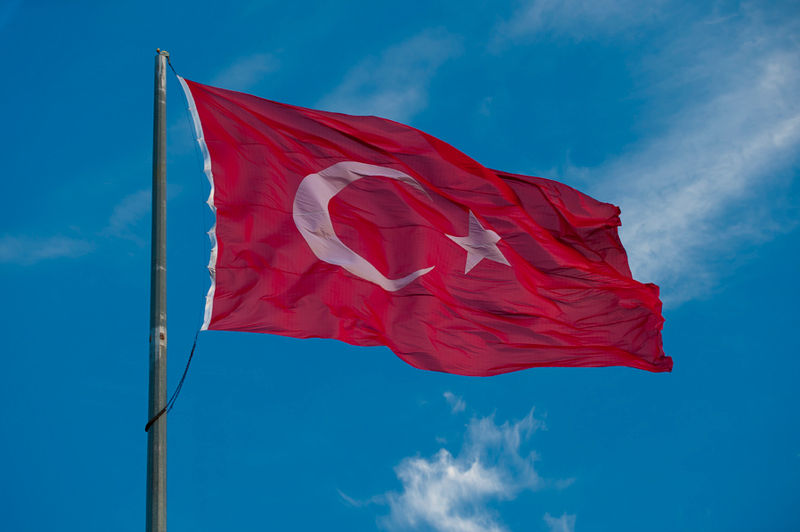UN Raises Alarm Over Repatriation of Turkish Refugees from Kenya
3 min read
Multiple people, all but one Turkish nationals, were reported to have been abducted in Nairobi on Friday

Multiple people, all but one Turkish nationals, were reported to have been abducted in Nairobi on Friday
The United Nations Refugee Agency (UNHCR) has expressed deep concern following the repatriation of four Turkish refugees from Kenya back to Turkey. This action was reportedly taken at the request of the Turkish government, prompting questions about the safety and treatment of the individuals involved.
The announcement from the UNHCR comes on the heels of reports of several abductions occurring in Nairobi, including that of a British national, Necdet Seyitoğlu. Seyitoğlu recounted how he, along with several Turkish citizens, was abducted by masked individuals. He stated that he was released after eight hours when he showed his captors his British passport.
In a formal statement, the UNHCR urged the Kenyan government to uphold its international legal obligations, particularly emphasizing the principle of non-refoulement. This principle protects refugees from being returned to places where their lives or freedoms could be jeopardized. The UNHCR’s position highlights the risks faced by individuals who may be subjected to persecution upon return to their home country.
Kenya’s foreign ministry defended its actions, stating that the decision to repatriate the four refugees was based on the “robust historical and strategic relations” between Kenya and Turkey. They assured the public that the refugees would be treated with dignity upon their return. The individuals are believed to be associated with the Gulen movement, a significant Islamic community whose leader recently passed away. This movement operates a network of schools globally and has been labeled a terrorist organization by the Turkish government after it was implicated in a failed coup attempt in 2016.
Under the 1951 Refugee Convention, returning refugees to a country where they face serious threats to their safety is strictly prohibited. Following the recent abductions, the Kenyan law firm Mukele & Kakai indicated that they were representing the four refugees and warned airlines against facilitating their departure from Kenya. They described the individuals as “victims of political victimization.”
In response to the incident, the Kenyan government has reiterated its commitment to the protection of refugee rights, asserting its dedication to the privacy and confidentiality of those repatriated. However, the situation raises concerns among human rights advocates and international observers.
The British national, Seyitoğlu, reported that he was not alone in his experience; six other Turkish individuals were also abducted in a similar manner from various locations across Nairobi. The UK Foreign Office has since confirmed that they are providing consular support to Seyitoğlu and his family following this troubling incident.
In light of the abductions, Kenyan police stated they were investigating the kidnapping. According to a police spokesperson, the incident involved two vehicles blocking a silver saloon car, from which armed individuals emerged and forcibly took the occupants away. This alarming sequence of events has drawn significant media attention and raised serious questions about security in Nairobi.
Amnesty International’s Kenya spokesperson voiced strong concern regarding the reports of the abductions, specifically mentioning the seven asylum seekers from Turkey. The organization emphasized the importance of safeguarding the rights of individuals seeking asylum and the obligations of the host country.
The UNHCR acknowledged the situation, stating that they were aware of the reports and would provide further information as it becomes available. This incident underscores the broader implications of Turkey’s growing relationships with African nations, particularly as President Recep Tayyip Erdogan has sought to strengthen ties over the past two decades. However, Kenya’s historical ties with Turkey extend even further back, as seen in the case of Abdullah Öcalan, a Kurdish separatist leader apprehended in Kenya in 1999 and subsequently returned to Turkey, where he was tried and convicted for treason.
As the international community watches closely, the repatriation of these Turkish refugees raises critical questions about the safety of individuals fleeing persecution and the responsibilities of nations in protecting those seeking refuge. The unfolding situation continues to draw attention to the delicate balance between diplomatic relations and human rights obligations.